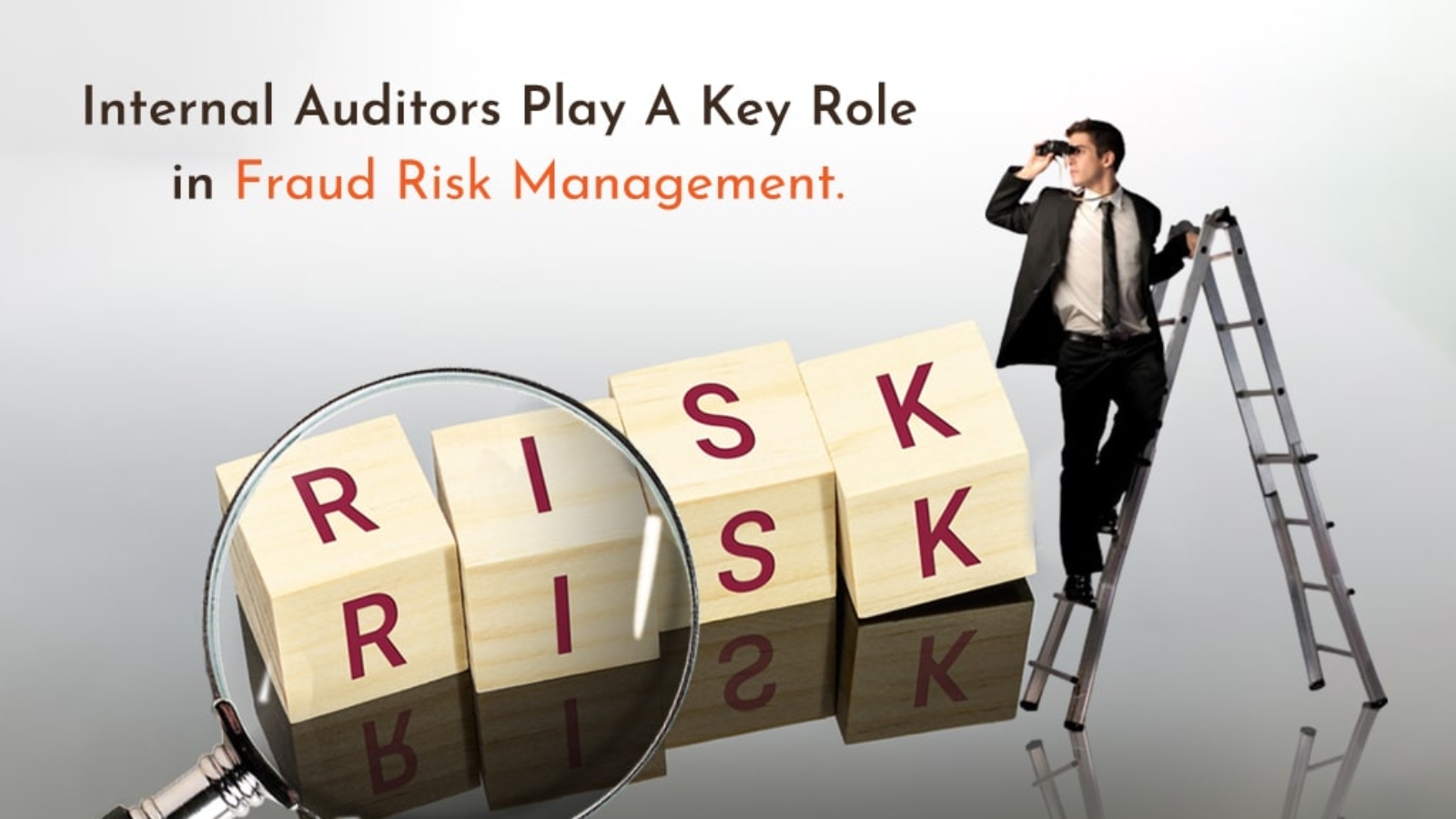Globally, corporate fraud is on the rise, with insiders accounting for roughly 70% of all fraud. Corporate fraud has the potential to bring a company to its knees in numerous situations. In Dubai, both senior management and internal auditors play an equal responsibility in reducing fraud risk. Internal auditors, according to some organisations, are ultimately in charge of detecting and preventing fraud. Another group believes that the first line of defence against fraud should be top management.
Internal auditors’ perception of themselves as fraud investigators has led to excessive expectations in the business world. Businesses must have effective anti-fraud control frameworks to detect and prevent fraud as fraudsters use increasingly sophisticated strategies. Internal auditors’ roles in assisting an organisation in detecting, responding to, and avoiding fraud must, however, be well defined. Here are some significant takeaways on the subject:
Internal Audit’s Role in Detecting and Preventing Fraud
Every organisation, according to the Institute of Internal Auditors (IIA), should prepare an anti-fraud response strategy that outlines key rules and investigation methods. When management suspects fraud and similar control failures in the organisation, the strategy should make it clear what role internal audit will play. The following are the basic responsibilities of an internal auditor, according to the IIA’s ‘Fraud and Internal Audit Position Paper’:
Recognize warning signs of possible fraud.
Learn about the different types of fraud, as well as the different strategies, schemes, and scenarios that fraudsters employ.
Examine the signs of fraud and determine whether or not further action or investigation is necessary.
Evaluate the effectiveness of fraud prevention and detection controls.
This means that, while internal auditors are not required to serve as fraud detectives, they will utilise their data analysis skills to spot trends and patterns that may indicate fraudulent conduct. Internal audits’ specific function in fraud prevention is determined by a combination of external standards and an anti-fraud policy, as a general rule.
Internal auditors in Dubai are frequently called upon to assist businesses in reducing the financial and reputational costs of fraud. They can also help businesses overcome roadblocks to achieving their goals. Here are some ways internal audit might respond to the challenge of fraud risks more precisely as the first line of defence against all kinds of company risks:
Examine the detecting mechanisms.
Management should consider whether they are confident in the ability of the organisation to detect fraud early on. If they aren’t sure, they should examine their annual plans to ensure that the measures in place to detect fraud are just as effective as the ones in place to prevent it. This is critical since fraud can be detected through tests like reconciliations and management monitoring.
Whistle-blowing provisions, in which any employee can submit a tip to stop a crime in its tracks, can also be included in detection protocols. Internal auditors can collaborate with senior managers to ensure that whistleblowing provisions do not prevent employees from reporting misconduct at critical times. To conduct an internal control review, it is recommended that you use the services of top internal audit firms in Dubai.
Controls in High-Risk Areas Are Being Audited
Internal auditors will examine the areas of the organisation where fraud is a danger, as well as the controls in those areas. They will analyse how the organisation manages the risk of fraud through risk assessment and assess the possibility for fraud to occur.
Data and Trends Should Be Analyzed
Entities’ internal audit teams should share their data analytic knowledge in order to spot trends and patterns that could indicate fraud or misuse of funds. However, not every company will be able to build a strong internal audit staff with this level of knowledge. Internal audit services in Dubai, for example, can help such businesses find resources with necessary knowledge and competence.
Controls and risk assessment
When the responsibility for fraud risk management is devolved across all levels of the company, it becomes more effective. Internal auditors assist companies by encouraging and enabling periodic risk assessments. Risk assessments add value to the business by recognising hazards and reducing the likelihood of losses. The outcomes of these risk assessments are subsequently included into the audit plan by internal auditors. The risk assessment allows Dubai auditors to identify high-risk locations and do proactive anti-fraud activity by focusing on such areas.
Internal auditors’ responsibilities vary by industry and organisation, but they are primarily expected to provide objective assurance that adds value and improves an organization’s operations. Internal auditors in Dubai are responsible for evaluating the design and effectiveness of controls in an organisation, such as fraud risk management controls. Companies can entrust the top internal audit firms in Dubai, such as ours, if their internal audit staff lacks the experience and competence needed to handle fraud risk management. We have provided outstanding service in the UAE for the past two decades and has a long list of well-known clients. Our internal auditing services in Dubai will assist you in implementing fraud prevention strategies that follow best standards.
Related Info
Top Insights From UAE Accountants To Make Budget For Startups
Why Should You Rely On An Auditor’s Due Diligence Report Before Purchasing A Business?
Why Your Business Needs Professional Accounting Services?
Why Are Financial Statements Crucial For Businesses?
4 Reasons To Move Your Business To A Cloud Based Accounting System
Things Auditors Need To Be Aware Of To Ensure AML Compliance In The UAE


Add a Comment